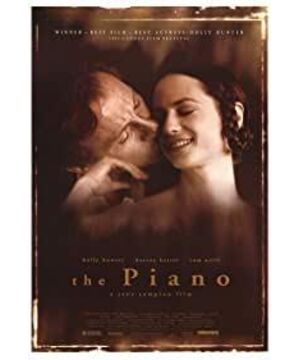When I saw the middle, I was thinking, why is the heroine uneasy about the status quo? Stewart is also good. It was only later that I realized that a true spiritual communication is the life that the heroine wants to pursue. So when she told the children about her ex-husband, she said (in sign language) that even if they didn't speak, they knew what was in each other's heart. I'm ashamed of myself, who has always called myself a feminist.
What impresses me most is that the female protagonist's finger is cut off. Really like Stewart said, he cut off her wings. The heroine's only spiritual lodging was also cut off by Stewart with an axe. If it were a normal person, it would definitely become the cries and tears of the Sistics; but in the play, it is only replaced by the more determined eyes of the heroine. She does not speak out, cannot express the great sadness in her heart, and cannot denounce her husband for treating her. The atrocities, but it is her inability to speak out and vent, which makes people feel more sad. She just endured everything silently, sitting alone and helpless in the majestic rain. If it was said that the heroine might still have a trace of moral restraint on him in the past, the heroine must have hated him at this time.
But how many people are so desperate to pursue love regardless of worldly vision? Like Stewart, how many are generous-minded and fulfill them?
View more about The Piano reviews









